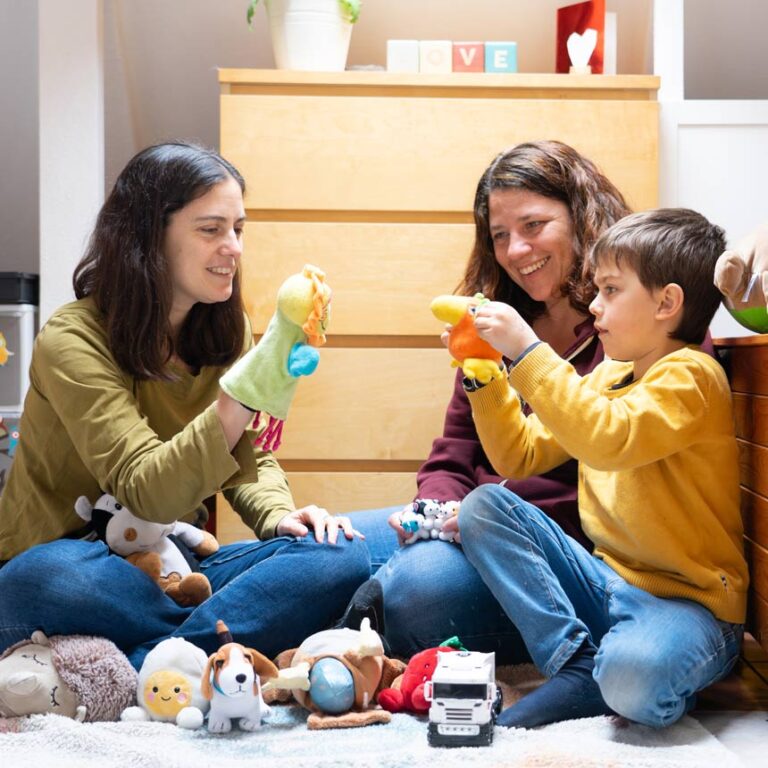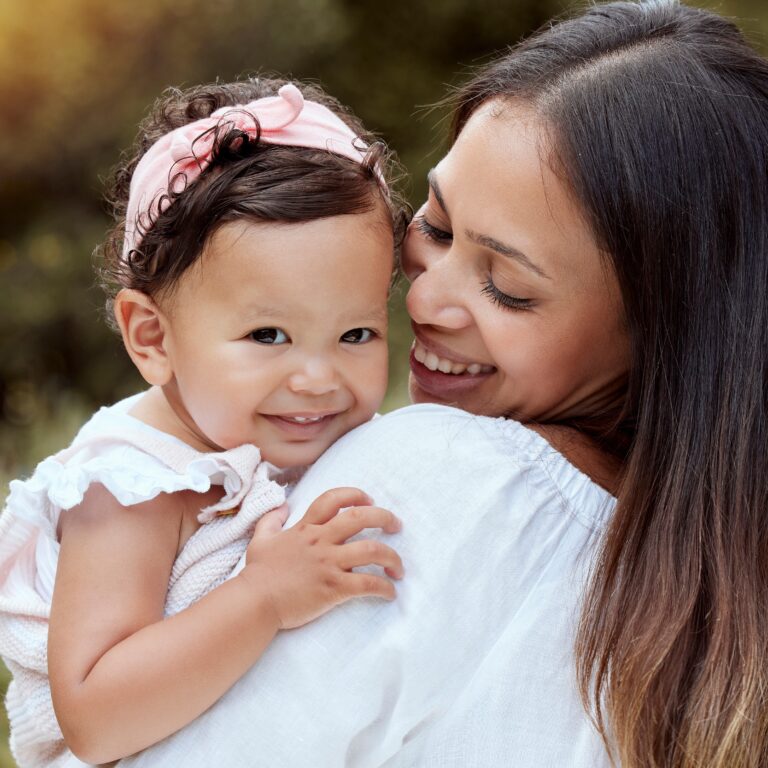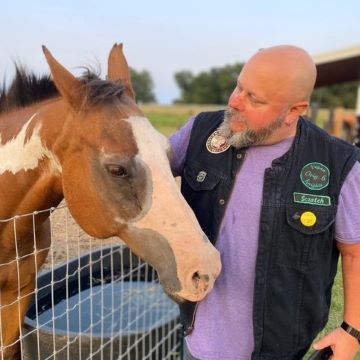
January is National Codependency Awareness Month, so today we’re taking time to share some information on this common problem. While you may hear the word “codependency” discussed in the media, self-help books, and even in therapeutic settings, codependency is not a formal mental health diagnosis. It does not appear in the Diagnostic and Statistical Manual of Mental Disorders (DSM) and should not be confused with Dependent Personality Disorder.
What is codependency?
The concept of codependency originated in the substance abuse recovery field in the 1980s. In early 12 Step Programs, friends and loved ones were called “co-alcoholics.” Rather than using stigmatizing language, such as calling sufferers “addicts,” treatment providers began to use the term “chemically dependent” to describe people with a substance abuse problem.
Partners, friends and family began to be referred to as “co-chemically dependent” to reflect this change, which was shortened to “codependent.” The term was intended to describe the patterns of family members who enable a loved one who is chemically dependent. Recognizing that family members also required treatment to aid their loved one’s recovery and support their own wellbeing was an important advancement in the field.
As time has gone on, the meaning of the term has evolved. Rather than simply referring to substance use recovery, it’s now used to refer to any unbalanced relationship where one person assumes a self-sacrificing role that is not reciprocated by the other person. While it’s most applied to romantic relationships, it’s possible to have a codependent relationship with any close figure in one’s life, such as a parent or friend.
Some relationship experts refer to codependency as “love addiction,” while others may use the term “enmeshment.” However, not all experts agree that these words refer to the same problem. Because codependency is not a formal mental health diagnosis, there is no standardized definition. However, most codependency experts agree on a few common characteristics.
What are the signs you might be in a codependent relationship?
Codependency can be difficult to spot, because many of the behaviors described by the term are normal parts of a close relationship. They only become a problem when there isn’t a healthy give and take between both partners, or when taken to extremes.
A few common signs of codependency are:
- Low self-esteem.
- Struggling with saying no to others.
- Difficulty setting or enforcing boundaries.
- Feeling a responsibility to take care of people.
- Feeling a strong need for control.
- Struggling to communicate honestly and openly.
- Obsessing over your mistakes.
- High emotional sensitivity.
- Worrying about being liked by everyone.
- Always feeling the need to be in a romantic relationship.
- Neglecting your own needs, thoughts and feelings.
- Having a strong fear of abandonment.
- Lacking a strong sense of self.
Why is codependency a controversial term?
There is an ongoing debate in the psychology field about whether codependency is a useful term, or whether it pathologizes the normal level of dependence that is healthy in a secure relationship. Some relationship counselors believe that it discourages healthy interdependence, where both partners are willing to make sacrifices for one another. They argue that being able to rely on others in times of distress is normal and healthy, and that people shouldn’t be ashamed of being “too needy” or not independent enough.
Some clinicians also worry that the idea of codependency can result in victim-blaming. Many people who have experienced domestic violence display the signs described earlier. However, for domestic violence survivors, these feelings are a direct response to their abuser’s behavior. For instance, they struggle to express their emotions because they have learned that being honest could be a threat to their safety. They may carry those behaviors forward into future relationships, even if their new partner is not abusive.
As with any mental health terminology, if you find the concept of codependency helpful in understanding yourself, you can use it to find resources and help. But if the term feels like it doesn’t fit your situation or makes you feel worse, you don’t have to accept the label in order to work on building healthier relationships.
If you struggle with codependency, help is available!
If this article strikes a chord with you, and you want to learn how to have healthier relationships, there is help available. LifeWorks NW’s addictions program is here to provide support for those struggling with substance use, as well as their families. We also provide general mental health support for anyone who struggles with setting boundaries or wants to work through past trauma. Contact us today to get more information or schedule an appointment at one of our clinics. 503-645-9010 / intakereferrals@lifeworksnw.org










